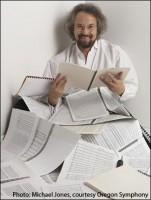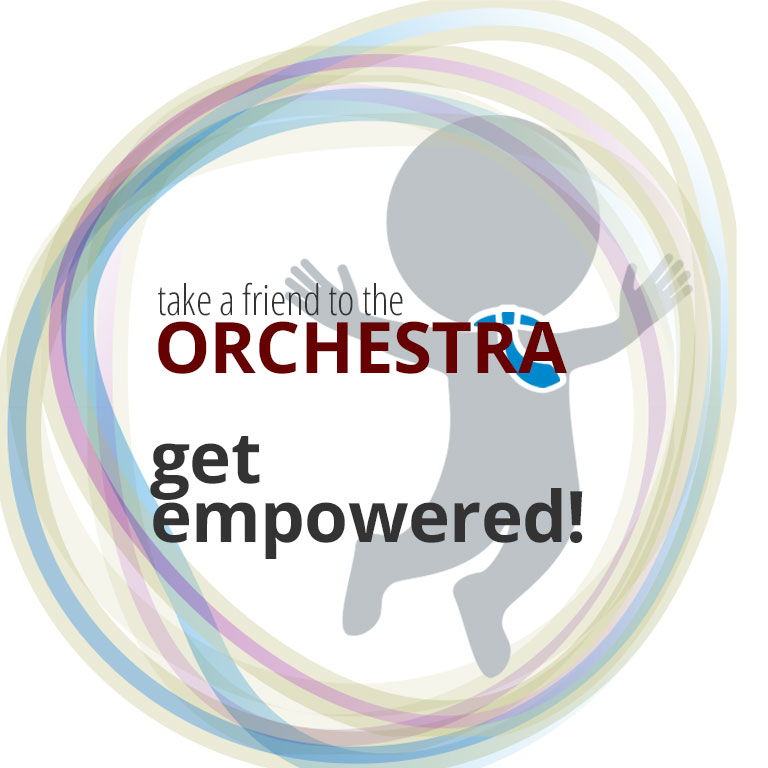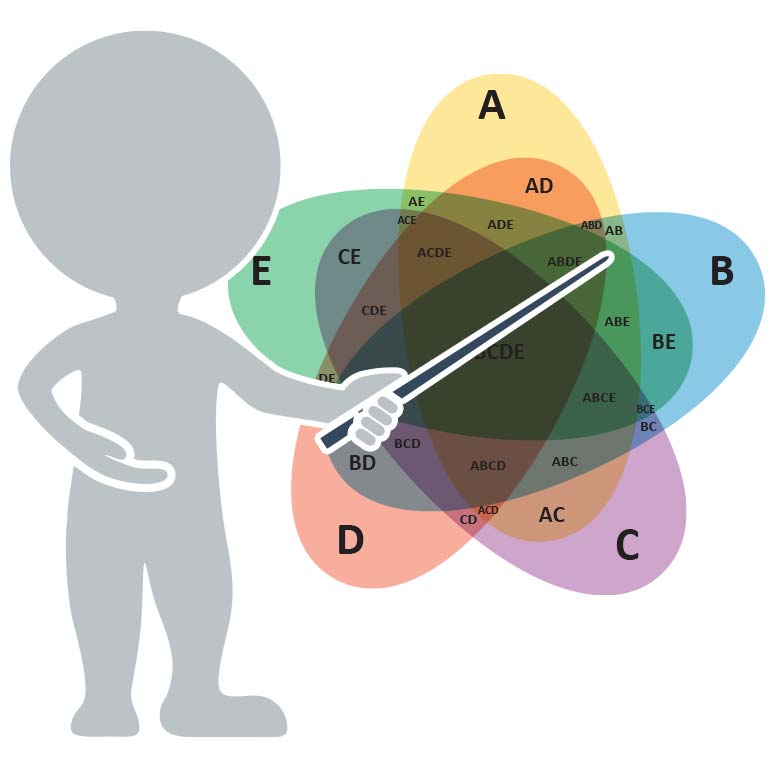
What better way to start off the 2008 Take A Friend To Orchestra program than with a contribution from an individual who has experienced concert events across the globe. Carlos Kalmar’s contribution demonstrates that the m agic of live concert events occurs when “we all are unified in our thoughts and experience” and it is those experiences which ultimately reach beyond language and national boundaries to bring people together.
agic of live concert events occurs when “we all are unified in our thoughts and experience” and it is those experiences which ultimately reach beyond language and national boundaries to bring people together.

One of my most interesting and inspiring experiences as a conductor happened in China, but it had nothing to do with taking a friend to a concert. It had more to do with taking people in general to a place in life and the arts they didn’t know before. I want to link my Chinese experience to the topic of taking a friend to the orchestra. Taking a friend to the orchestra is really about sharing a meaningful experience, and sometimes that means trusting somebody to lead you into a field with which you are unfamiliar.
In 2000, the Zurich Opera invited me to conduct three performances of Mozart’s Magic Flute in Shanghai. In those days, the Zurich Opera had one of the most famous productions of Mozart’s opera ever mounted for the stage in their repertoire, that of Jean Pierre Ponelle, and I had conducted many performances of it in the early 1990s. The interesting part of this undertaking in Shanghai was that the production and the singers were to be from the Zurich Opera House but the orchestra was to be Chinese. So I traveled to China and imagine my surprise when I encountered an orchestra of musicians, none of whom spoke English. Moreover, they had never seen a note of the entire Magic Flute in their lives and didn’t even know what the story was about. For the next couple of days I sang the music instead of communicating through a translator so they could become familiar with Mozart’s piece.
It’s not so important to tell you if our nine days of tough rehearsals were successful (they were!) or if the European singers were happy with us once they arrived in Shanghai (yes, they were!). The important thing for me, which I remember to this day, is that it was possible to carry a group of people (or friends, for that matter) on a long journey through a field unknown to them. And because of my own enthusiasm, passion, my love for what music really means, this group of people ultimately listened, participated, and understood.
The miracle of an orchestra concert is that the experience goes way beyond what can be described in words. We humans use language to communicate with each other and when we learn a language, sometimes a couple of them, this knowledge enhances our ability to communicate with our many friends across the planet. But when talking about the language of music, the experience after a concert with a great orchestra can be this: you have concentrated, you have listened, and the language of music has spoken to you but there is no need to talk about it. In this case, you’ve understood each other using nothing more than the language of melody and harmony.
Bringing a friend to the orchestra has nothing to do with showing off the art as such. For me, classical music is far more than just something to be admired for the mastery of the art form. It is a way of conveying a multitude of emotions. In this sense, classical music can literally be “everything.”
Bringing a friend to the orchestra is about sharing something you care about with somebody you care for. It’s as simple as that. Sometimes I compare it to other things I enjoy doing in life: hiking, drinking a good glass of wine, or going to the movies. All of these things can be enjoyed way more if you are able to share them with a friend. Even the wonderful art form of literature…how beautiful it is to read a good book, how great it is when you can actually talk about your thoughts with a friend.
I have had the pleasure and honor of conducting for over 20 years. The best moments in a concert hall (and it doesn’t really matter what type of music is being played) are when there is this wonderful feeling of “we” in the room. The fact that there are people on stage, actively involved in presenting a piece, and on the other side of the room there are people listening, becomes secondary. The magic happens when we all are unified in our thoughts and experience.
And knowledge, intellectualism, and brainy attributes are not what I want to bring to my friends at an orchestra concert. I want my friends to listen with an open heart. All of the great composers whose work accompanies us through life did not write music because they wanted either you, or your friend, to admire their skill, the handling of the harmony, etc. A concert is not about admiration of craftsmanship. It has more to do with becoming unified with other human beings and experiencing a language that doesn’t need translation. It brings people together.
– Carlos Kalmar




I really relate to this idea of sharing a deep musical experience, despite having very different backgrounds. I’m a violin teacher (public school, private, and Suzuki group), and in a few weeks my Suzuki group of California kids will share a stage with 40 guest students from Mexico City. I told them, “A lot of our guests may not know how to speak English, and most of you don’t know how to speak Spanish. But will we be able to play together?” The kids all raised their hands to answer, and then a little boy said: “Yes, because you don’t have to speak the same language to play the same music!”
I haven’t been able to get to the keyboard all week so, today, I read all the TAFTO postings in one fell swoop (what the hell does that mean, anyway!), although in reverse order. So, Maestro K’s was the last one I read.
All five of them — what a refreshing experience. After each of them I found myself thinking, “I wish I had written that.”
Thanks for a refreshing experience.
Paul
By the way, is CK any kin of either of the other musical Kalmars — Burt or Emmerich?
Whoops — that’s Imre/Emmerich KalmaN, isn’t it?
So, anyway, what about Burt?
Paul